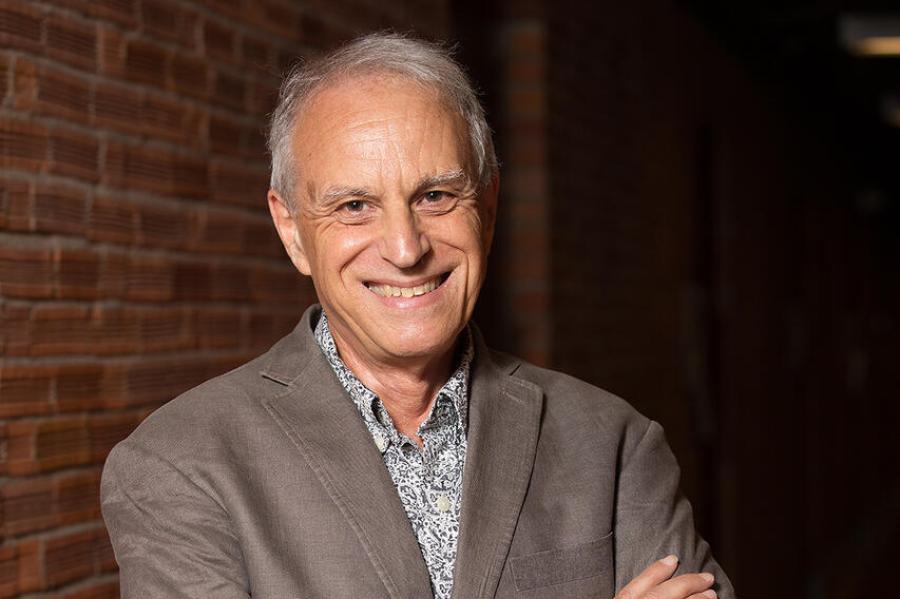
Daniel Gold, professor of Asian studies emeritus, dies at 78
Daniel Gold, a professor of Asian studies emeritus in the College of Arts and Sciences, died on Feb. 16 in Ithaca. He was 78.
 Department Homepage
The College of Arts & Sciences
Department Homepage
The College of Arts & Sciences
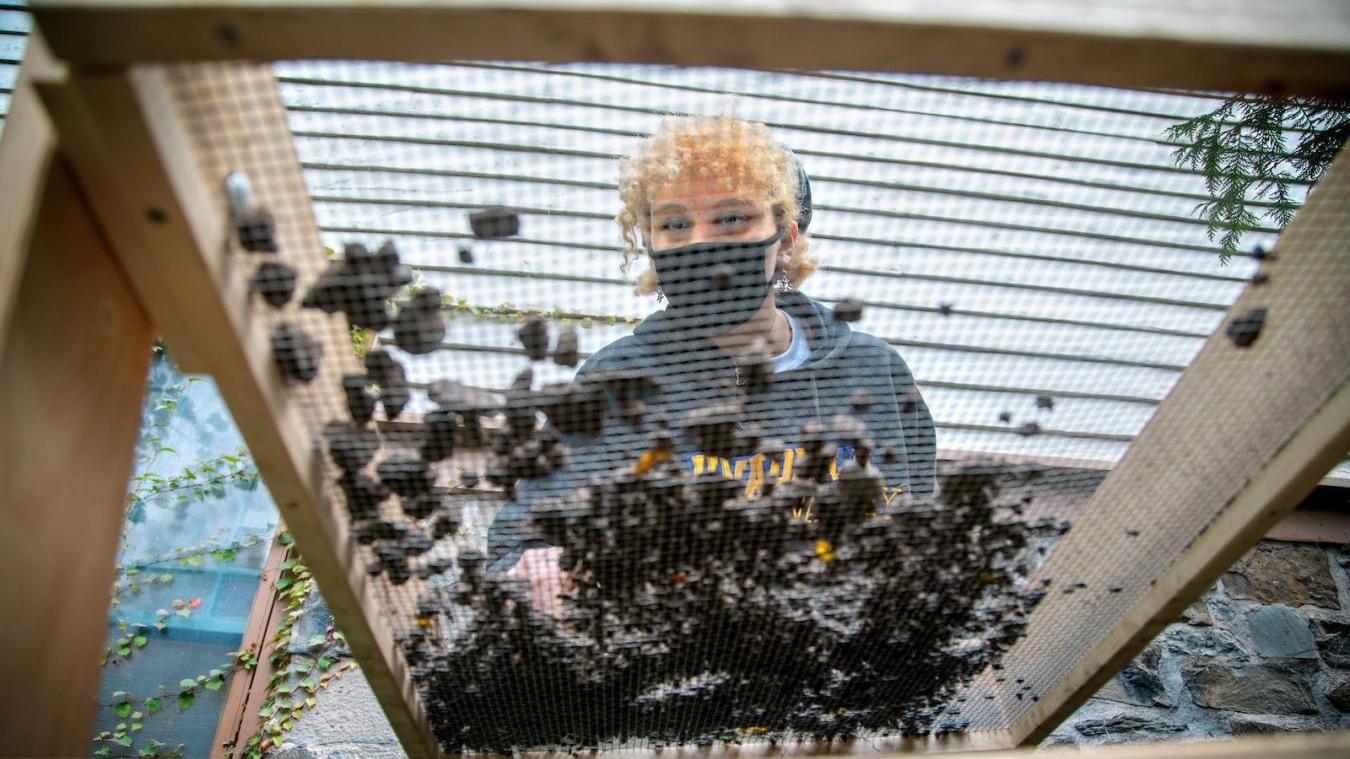
The Department of Anthropology faculty conduct ethnographic and archaeological as well as biological research that brings hard-won fieldwork to the development of cutting edge social and cultural theories. Our students and faculty work around the globe: from Ithaca, India and Indonesia to the Caribbean and Central America; from Japan, Africa and Nepal to China and the Caucasus; and from the circumpolar North to the Global South.

Daniel Gold, a professor of Asian studies emeritus in the College of Arts and Sciences, died on Feb. 16 in Ithaca. He was 78.

The 12 early-career scholars will pursue research in the sciences, social sciences and humanities.
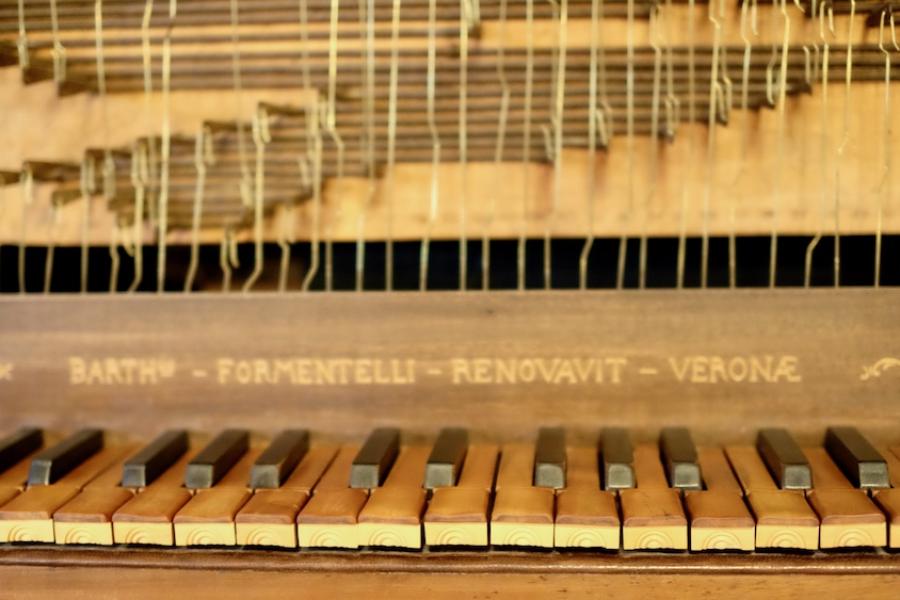
The next time you visit Ithaca, check out exhibits on Chimes history, astronomical instruments, historical keyboards and so much more

This month’s featured titles include poetry, an anthropologist’s memoir, and a chronicle of the Nazi’s massive looting of European artworks.
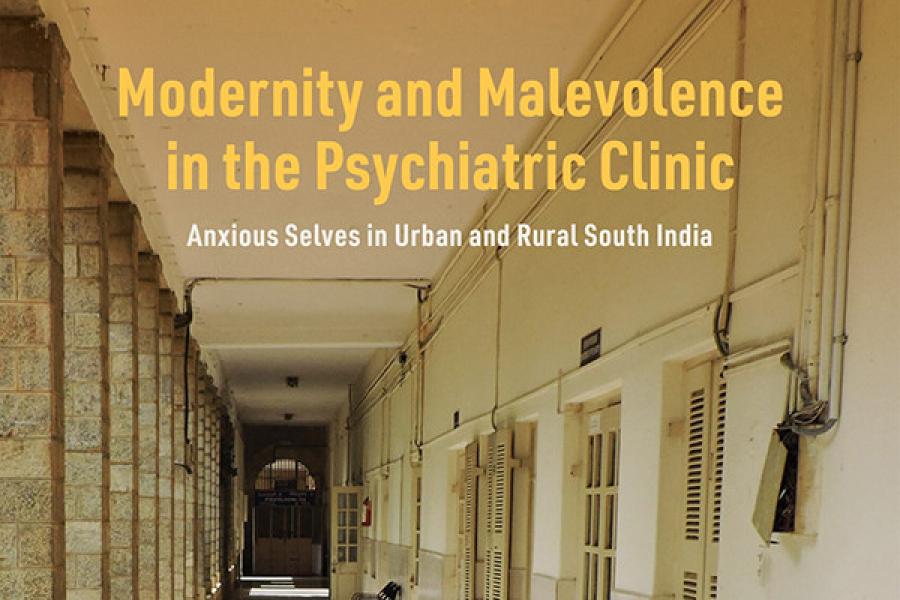
The book shows how patterns of psycho-social stress combined with modernity’s pressures can influence psychiatric practice.
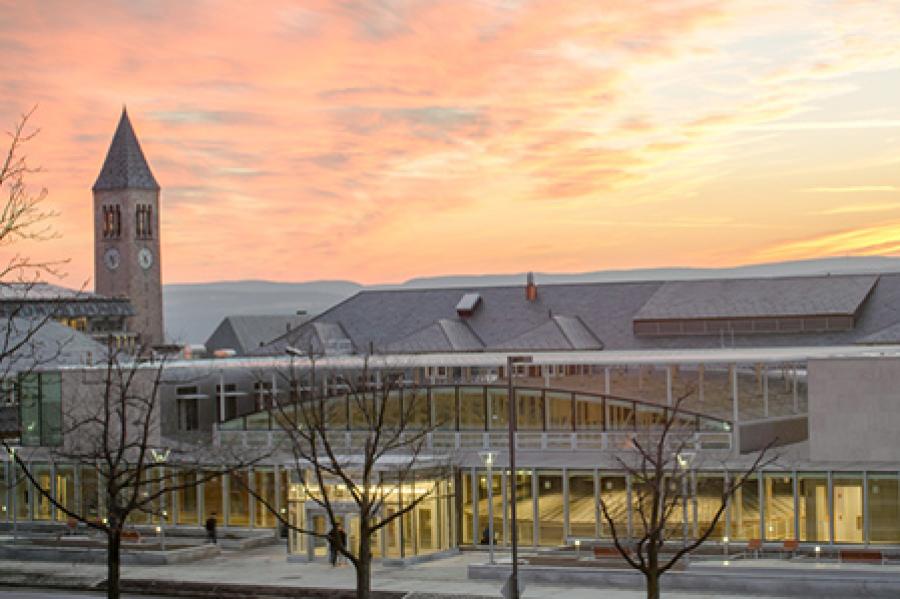
Dusti Cheyenne Bridges, Ph.D. ’25, was selected for the Council of Graduate Schools/ProQuest Distinguished Dissertation Award in the humanities and fine arts.

Yvette's research explores how college students make sense of their early and ongoing literacy experiences.
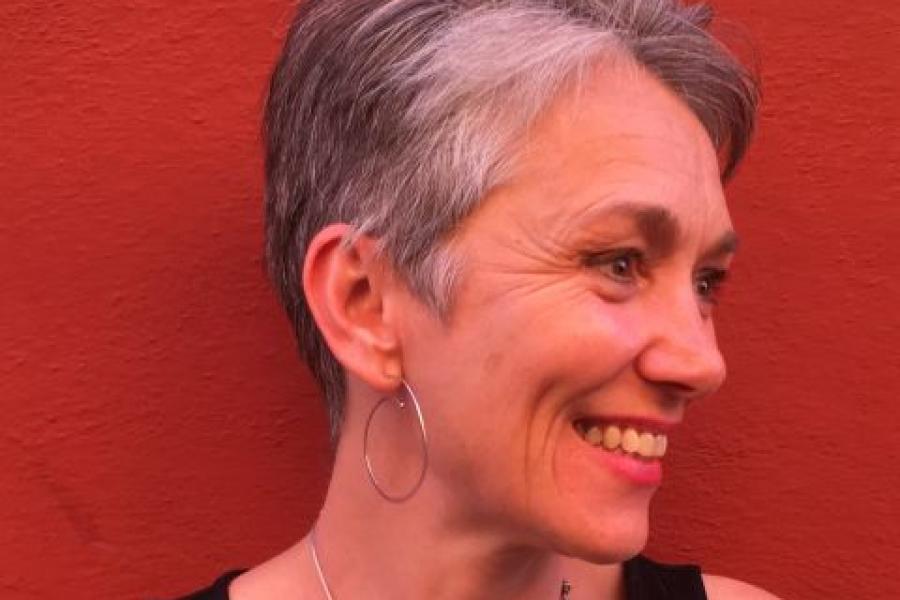
Stacey Langwick, associate professor of anthropology in the College of Arts & Sciences, will speak on "Healing in a Toxic World: Reimagining the Times and Spaces of the Therapeutic."
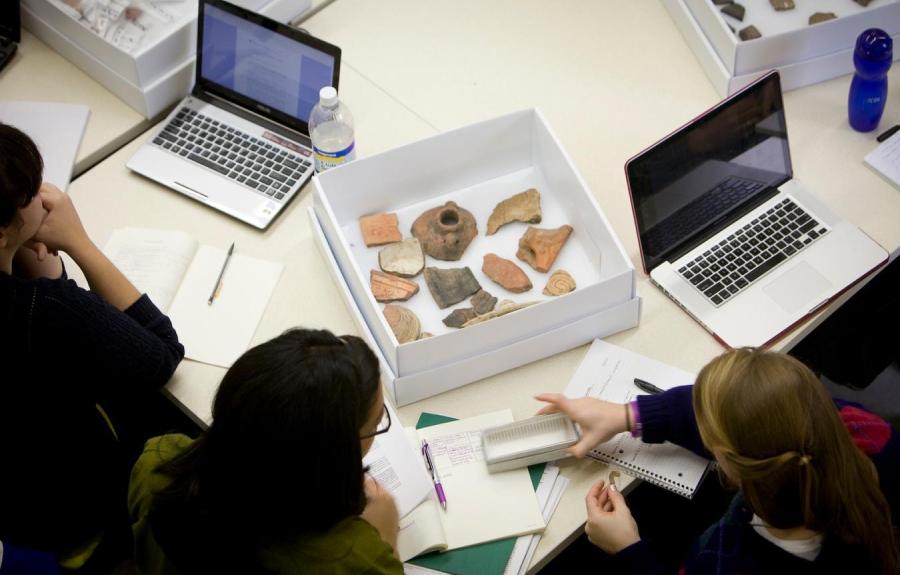
Anthropology provides the global perspective and critical thinking skills that will open doors to a wide range of career paths. The major will also prepare you for graduate study in anthropology.
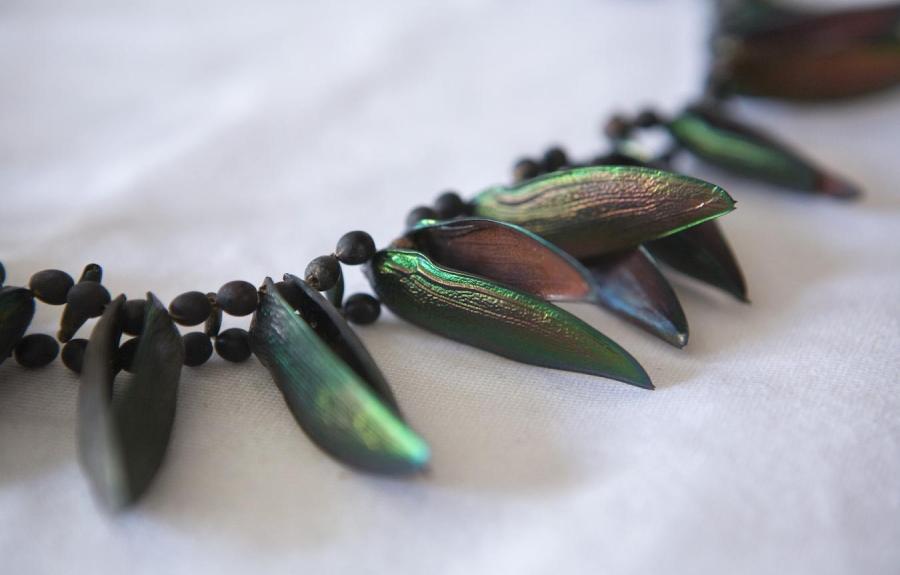
The Anthropology Collections include approximately 20,000 items representing human activity around the world from the Lower Paleolithic to the present. Archaeological and ethnographic materials are about equally represented.
Alumni and friends interested in supporting the Department of Anthropology can visit our Giving Page. Thank you to all of our alumni and friends who support our programs. Your gifts mean so much to our students and faculty members.
Cornell University is located on the traditional homelands of the Gayogo̱hó꞉nǫ' (the Cayuga Nation). The Gayogo̱hó꞉nǫ' are members of the Haudenosaunee Confederacy, an alliance of six sovereign Nations with a historic and contemporary presence on this land. The Confederacy precedes the establishment of Cornell University, New York State, and the United States of America. We acknowledge the painful history of Gayogo̱hó꞉nǫ' dispossession, and honor the ongoing connection of Gayogo̱hó꞉nǫ' people, past and present, to these lands and waters. This land acknowledgment has been reviewed and approved by the traditional Gayogo̱hó꞉nǫ' leadership.